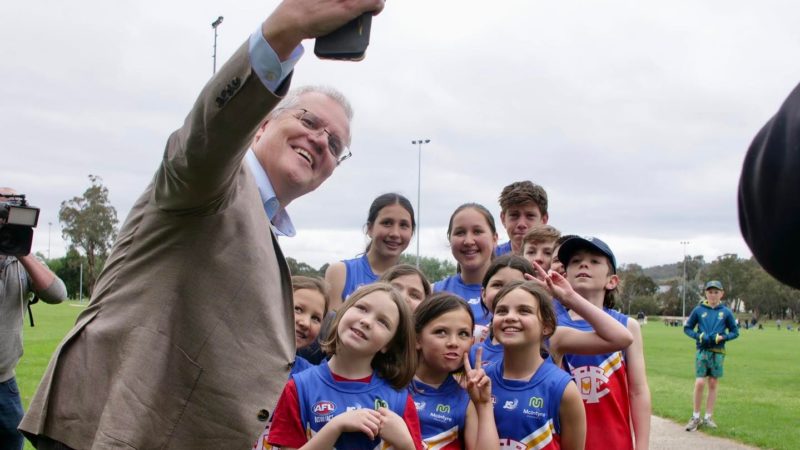PM to launch inquiry into social media and mental health
Prime Minister Scott Morrison is set to launch an inquiry into social media and its impacts on well-being, particularly mental health.
In a media release, the Federal Government referenced Facebook (now known as Meta) whistleblower Frances Haugen as amplifying ” existing concerns in the community”.

Prime Minister Scott Morrison at the press conference announcing the social media “troll” bill (credit: Scott Morrison’s Facebook page)

